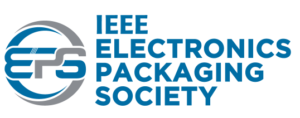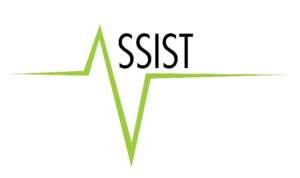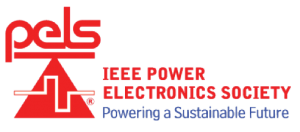

The Power Electronics Society is one of the fastest growing technical societies of the Institute of Electrical and Electronics Engineers (IEEE). For over 20 years, PELS has facilitated and guided the development and innovation in power electronics technology. This technology encompasses the effective use of electronic components, the application of circuit theory and design techniques, and the development of analytical tools toward efficient conversion, control and condition of electric power. Our members include preeminent researchers, practitioners, and distinguished award winners. IEEE PELS Publishes the IEEE Transactions on Power Electronics, a top referenced journal among all IEEE publications.
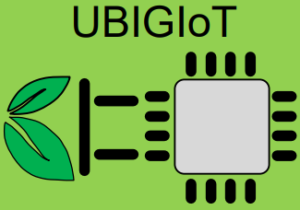
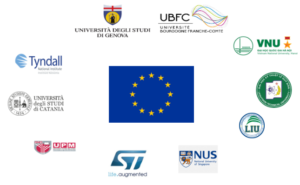
UBIGIoT “Ultra-Low Design-Effort, Energy-Efficient, and Battery-Indifferent Sensor Node for the Green Internet of Things” is an EU MSCA staff exchange program (ID: 10101086359) intended to substantially enhance the energy efficiency of an IoT sensor node by a synergetic approach targeting both multisource harvesters and System-on-Chip (SoC) design. The latter aims for a comprehensive approach in which macroblocks of different natures are designed by exploiting at most an automated (digital) design flow.
Its effectiveness will be verified and validated with demonstrators of industrial interest. The project targets to be innovative, interdisciplinary, and inter-sectoral across academics, an EU-based semiconductor company and partners from the ASEAN (East Asia) and Lebanon.
The IEEE Electronics Packaging Society (https://eps.ieee.org/) is the leading international forum for scientists and engineers engaged in the research, design and development of revolutionary advances in microsystems packaging and manufacturing.
Its objectives are scientific, literary, and educational in character. The Society strives for the advancement of the theory and practice of electrical and electronics engineering and of the allied arts and sciences, and the maintenance of a high professional standing among its members and others and with special attention of such aims within the field of interest of the Society.
The EPS promotes close cooperation and exchange of technical information among its members and others through technical conferences and workshops, peer-reviewed publications, and collaboration with other organizations.
It is one of 38 technical Societies within the IEEE.
Advanced Self-Powered Systems of Integrated Sensors and Technologies (ASSIST) Center (https://assistcenter.org/) is a National Science Foundation funded Nanosystems Engineering Research Center led by North Carolina State University. ASSIST focuses on creating self-powered sensing, computing, and communication systems to enable data-driven insights for a smart and healthy world. ASSIST is developing leading-edge systems for high-value applications such as healthcare and internet-of-things by integrating fundamental advances in energy harvesting, low-power electronics, and sensors with a focus on usability and actionable data. ASSIST does this by bringing together multidisciplinary researchers, practitioners, and industry partners in a diverse and inclusive ecosystem that encourages innovation with a focus on education and outreach.
The overall vision (https://www.lolipop-iot.eu/) is to develop Energy Harvesting/micro-power management solutions for Wireless IoT edge devices that enable long battery life sensors to be retrofitted on, in or near equipment and infrastructure. Wireless sensors enable us to collect data for anomaly detection and performance monitoring in three key application domains: (i) Asset tracking (ii) Condition Monitoring and (ii) energy efficiency and comfort optimization. This can bring billions of € in savings and disruptive benefits for industry and society (reduced carbons emission, increased renewable integration, making the world a safer and better-connected place). The project develops:
- Multi-source Energy Harvesting power management solutions
- Energy harvester and storage components
- Ultra-low power components & power consumption optimisation algorithms
- Innovative Architectures for energy constrained wireless data collection
- Simulation Models to optimise selection, sizing and system integration of components
- WSN edge device algorithms to enable the target applications
- Eco-friendly multiband antennas
The Energy Harvesting Network is a self-sufficient network of UK academic and industrial researchers, and end-users of energy harvesting technology. The primary objectives of the network are to facilitate the wide dissemination of relevant scientific and technological advances, and interaction between researchers. The network was launched in 2010, initially funded by the UK’s Engineering and Physical Sciences Research Council. It currently has around 170 members, and has run ten one-day events to date.
Sustainable Energy Engineering (SEE) is a new school within Simon Fraser University’s Faculty of Applied Sciences. Classes are hosted in a new state-of-the-art building at SFU’s Surrey campus. This engineering field involves the development of solutions for the harvesting, storage, transmission and use of energy, with careful consideration of economic, environmental, societal and cultural implications.
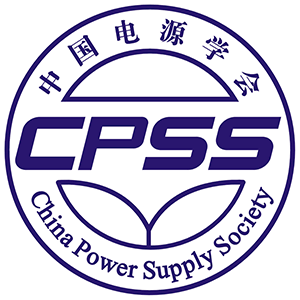
China Power Supply Society (CPSS) founded in 1983 is a nonprofit, non-governmental academic and professional organization of scientists and engineers in the power supply & power electronics fields. CPSS is dedicated to achieving scientific and technological progress of power supply and the development advancement of the power supply industry. CPSS offers services including conference, training, publication, exhibition, award, industrial standard and etc. for 5000+ individual members and 400+ enterprise members.
